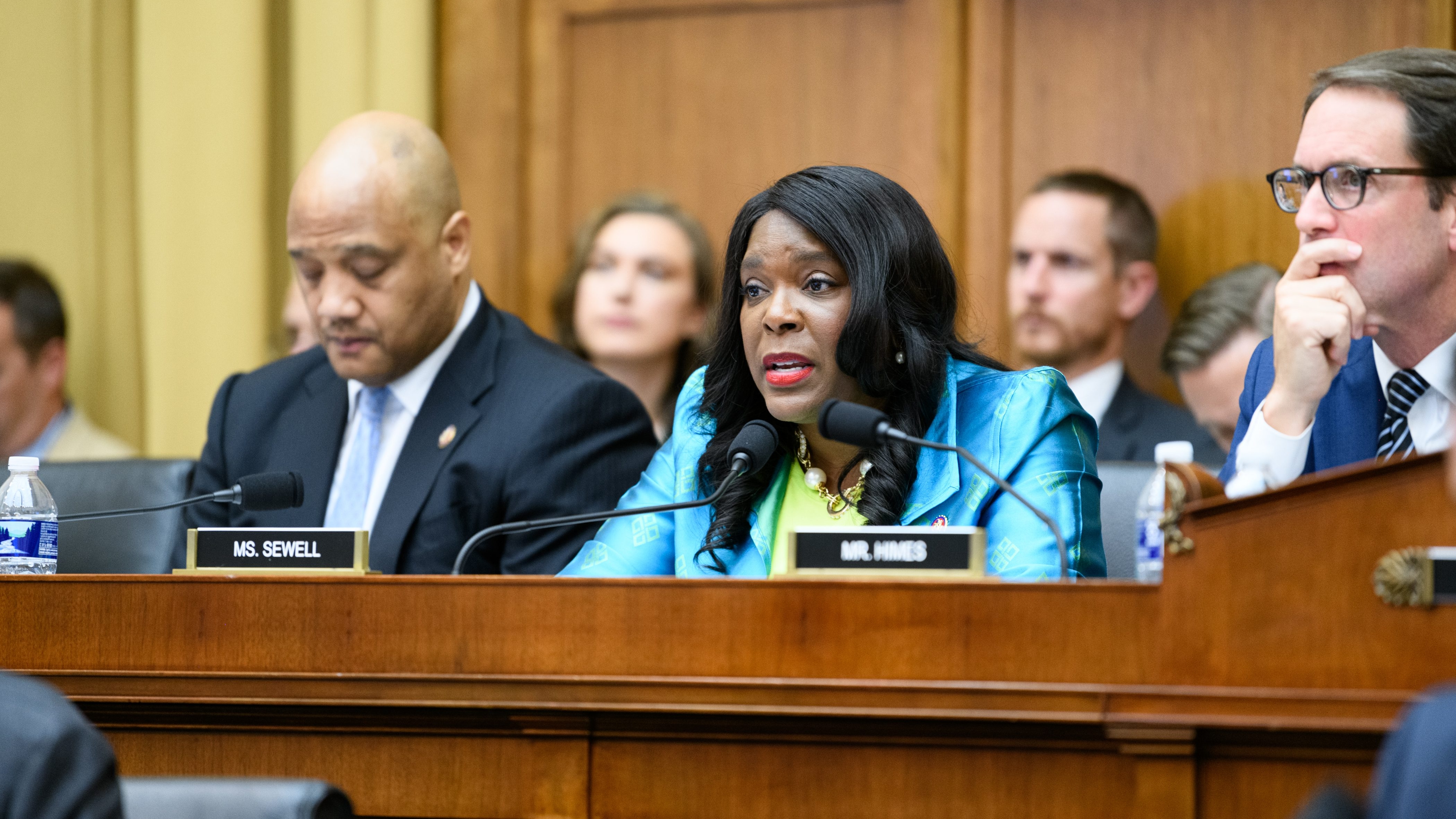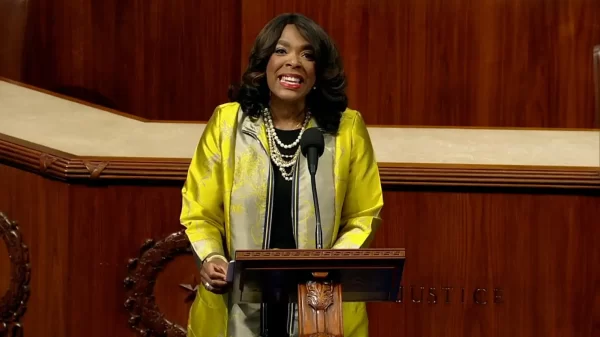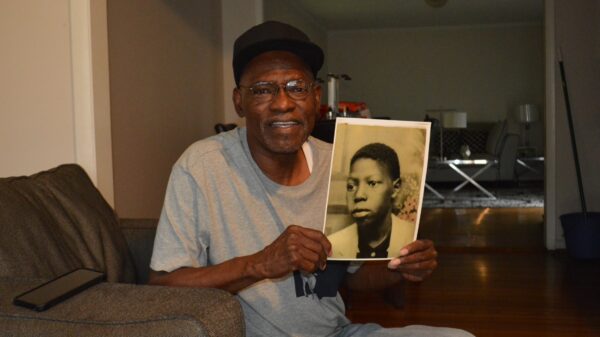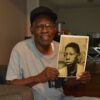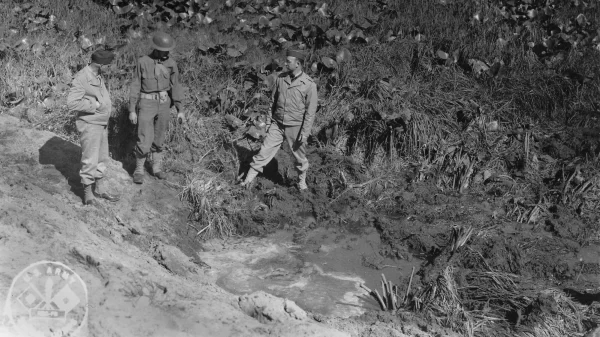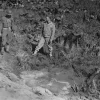U.S. Rep. Terri Sewell (AL-07), on Wednesday, spoke on the Floor of the House of Representatives to commemorate the anniversary of the bombing of the 16th Street Baptist Church in Birmingham, Alabama. Fifty-nine years ago tomorrow, on September 15, 1963, white supremacists detonated nineteen sticks of dynamite under the church, killing four little girls: Addie Mae Collins, Denise McNair, Carole Robertson, and Cynthia Morris Wesley.
A video recording of Rep. Sewell’s remarks can be accessed and downloaded here. Below are her remarks:
Sewell: Madam Speaker, I rise today to commemorate the lives and legacies of four precious Little Girls—Addie Mae Collins, Denise McNair, Carole Robertson, and Cynthia Morris Wesley—who died in the sacred walls of the 16th Street Baptist Church in Birmingham, Alabama fifty-nine years ago.
On September 15, 1963, as the Four Little Girls were getting dressed in the bathroom of the church basement, preparing to sing in the choir, nineteen sticks of dynamite placed under the church detonated. They totally exploded, causing the interior walls to actually fall in.
The crowd of about 200 people who gathered for the 11:00 a.m. service, they evacuated the church. But the church was filled with smoke, and underneath the debris laid Four Little Girls.
Along with the little girls who lost their lives, dozens of others were injured that day including Sarah Collins Rudolph, the younger sister of Addie Mae Collins, who was in the basement with her sister and the other girls preparing for church that day.
Due to the violently racist nature of the attack, thousands of African Americans protested across the State of Alabama, and in response, George Wallace called the police to break up the demonstrations. The violent clashes between the protesters and police resulted in massive arrests and the tragic loss of two more lives, two little boys that died that day, Johnny Robinson and Virgil Ware. The two boys, one sixteen and the other thirteen, were killed within hours of the church bombing.
Following the attack, several people, many of whom were members of the KKK, were arrested. But none of them, none of them, were actually prosecuted until thirty-four years later.
Described by Dr. Martin Luther King as one of the most vicious, tragic crimes ever perpetrated against humanity, this racially motivated act of terrorism focused America’s eyes on Birmingham, Alabama, bringing into sharp clarity the injustices that sparked the Civil Rights Movement.
Although we will never replace the lives lost or injuries suffered, the passage of the Civil Rights Act of 1964 and the Voting Rights Act of 1965 proved that their sacrifices were not in vain.
Today, as we reflect on our painful history, we are reminded that every gain in the battle for Civil Rights has come at a high cost, paid by those who sacrificed everything for a vision and a dream bigger than themselves.
As a direct beneficiary of the legacy of the Four Little Girls, I was honored that the very first bill that I passed in this body posthumously bestowed upon them the Congressional Gold Medal to ensure that this nation will never forget their sacrifice.
I not only question where I would be today without the influence of the Four Little Girls but more importantly I question where America would be today. The premature and senseless deaths of these girls awakened the slumbering consciousness of America and galvanized the Civil Rights Movement.
It was their memory that carried John Lewis and those brave Foot Soldiers, unarmed and unafraid, across the Edmund Pettus Bridge in my hometown of Selma, Alabama.
It was their sacrifice which burned in the mind of President Lyndon Johnson as he signed the Civil Rights Act of 1964 and the Voting Rights Act of 1965.
And it was their sacrifice that inspired a generation of freedom fighters to move this nation closer to its highest ideals of equality and justice for all.
Madam Speaker, as we commemorate the 59th year since the bombing of the 16th Street Baptist Church, we as Americans are called upon to reflect on the legacy of the Four Little Girls and to know them by name. These Four Little Girls and the loss of their life has changed America forever.
The legacy of the Four Little Girls paved the way for a more equitable and more just future. For that, we owe it to them to pick up the baton and carry it forward. I ask my colleagues to join me in commemorating the 59th anniversary of the lives of Addie Mae Collins, Denise McNair, Carole Robertson, and Cynthia Morris Wesley.
May we always remember their names: Addie Mae, Denise, Carole, and Cynthia.
Thank you, and I yield back.





































